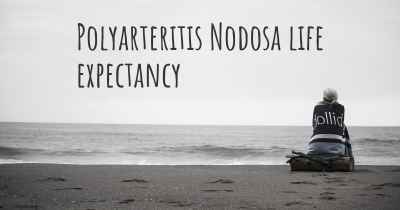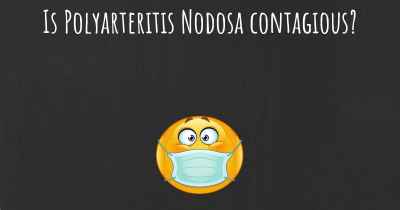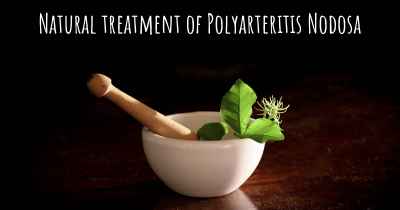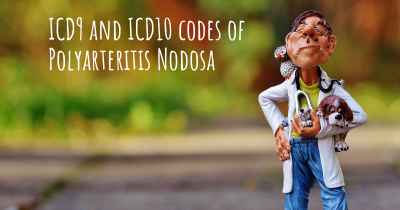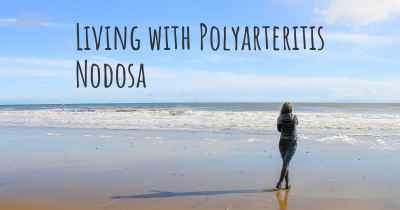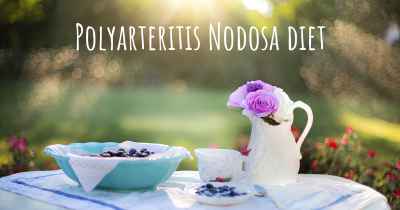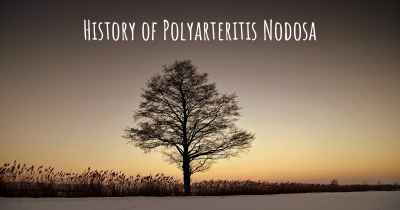Is Polyarteritis Nodosa hereditary?
Here you can see if Polyarteritis Nodosa can be hereditary. Do you have any genetic components? Does any member of your family have Polyarteritis Nodosa or may be more predisposed to developing the condition?

Polyarteritis Nodosa (PAN) is not considered to be a hereditary disease. It is a rare autoimmune condition that affects the medium-sized arteries, causing inflammation and damage. The exact cause of PAN is unknown, but it is believed to be triggered by a combination of genetic and environmental factors. While there may be a genetic predisposition to developing PAN, it is not directly inherited from parents.
Polyarteritis Nodosa (PAN) is a rare autoimmune disease that affects the medium-sized arteries in the body. It is characterized by inflammation and damage to the blood vessels, leading to a variety of symptoms depending on the organs involved.
When it comes to the hereditary nature of PAN, research suggests that there is no clear evidence to support a genetic predisposition for this condition. Polyarteritis Nodosa is generally considered to be a sporadic disease, meaning it occurs randomly without a known genetic cause.
However, it is important to note that genetic factors may play a role in increasing the susceptibility to developing autoimmune diseases in general, including PAN. Certain genetic variations have been associated with an increased risk of developing autoimmune conditions, but these associations are not specific to PAN.
Environmental factors are believed to play a significant role in triggering the development of PAN. Infections, exposure to certain toxins, and other external factors may contribute to the onset of the disease in individuals who are genetically susceptible.
It is crucial to understand that PAN is a complex disease with multifactorial causes, and further research is needed to fully comprehend its origins. If you suspect you or a loved one may have PAN, it is essential to consult with a healthcare professional for an accurate diagnosis and appropriate management.
Posted Mar 31, 2018 by Verna 3000
